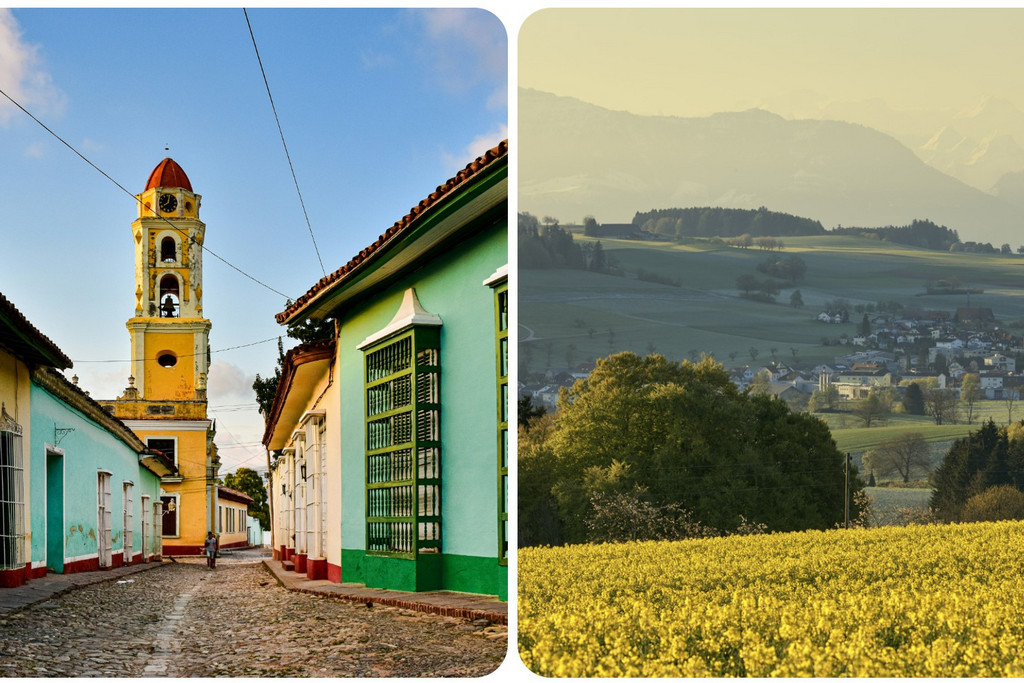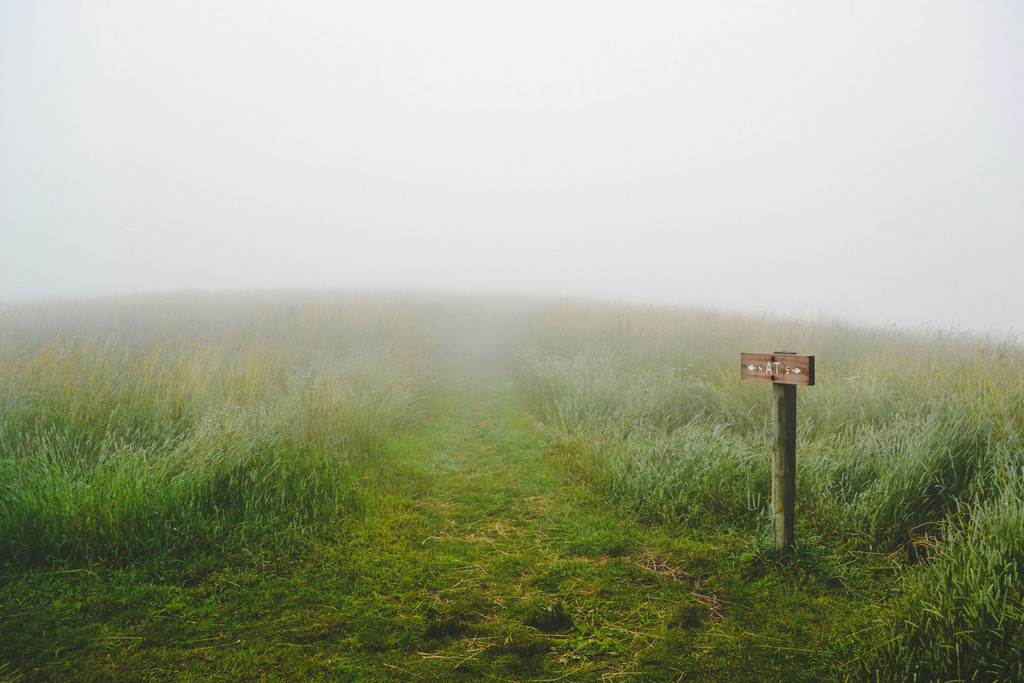Therese Bichsel | The agonising question – stay or go?
17.03.2016 – JÜRG MÜLLER
Should we really leave? Is there no other solution than to enter into the unknown? Pregnant Barbara from the canton of Valais and her husband Conrad are faced with this question after narrowly escaping death again in the Lötschental valley following an avalanche. But they also find themselves under pressure for other reasons. Their native valley yields too little economically to feed the growing population. They decide, together with others, to leave. Around 1300 AD they set off on the dangerous and arduous route from Valais over the mountains into the sparsely populated, inhospitable Upper Lauterbrunnental valley in the Bernese Oberland. What today seems like a challenging hike was a journey into the unknown back then. The natives of Valais founded Weiler Ammerten and later also Gimmelwald and Mürren. In the 18th century the inhabitants of Ammerten headed down into Isenfluh, high above the Lower Lauterbrunnental valley.
With her simple, plain but also powerful language, Therese Bichsel succeeds in making the bleakness of the settlers’ lives in the wilderness tangible. This has nothing to do with romanticism – quite the contrary: Bichsel depicts the hard social pecking order of the late High Middle Ages and weaves it into an exciting plot. At its centre is Barbara, who loses her husband soon after arriving at the new settlement and comes to terms with her tough life as a single mother demonstrating bravery and resilience but also fatalism.
While there is no historical evidence of the life of the novel’s character Barbara, the “primordial mother” of the people of Ammerten, the emigration of the inhabitants of Ammerten during the 19th century outlined in the middle section of the book is well documented. The all-important and agonising question is raised at the outset here, too: shall we stay or go? The question is not initially posed explicitly, but it gradually pervades the minds of the people suffering from economic hardship. Good news from the Caucasus from a family member who has already emigrated sways the decision. Another family emigrates in 1879. They produce cheese, achieve prosperity and emigrate again after being dispossessed following the Russian Revolution of 1917, this time to Canada.
Therese Bichsel has carried out extensive research of the source material and quotes at length from letters by emigrants in the 19th and 20th centuries. “Die Walserin” is a successful collage of fact and fiction about people who time and time again have to leave everything behind to start from scratch somewhere else – it is a literary memorial to Swiss “economic migrants” sprinkled with local colour from the Bernese Oberland.
Therese Bichsel: “Die Walserin”. Zytglogge Verlag, 2015; 292 pages. CHF 36, EUR 36.












Comments